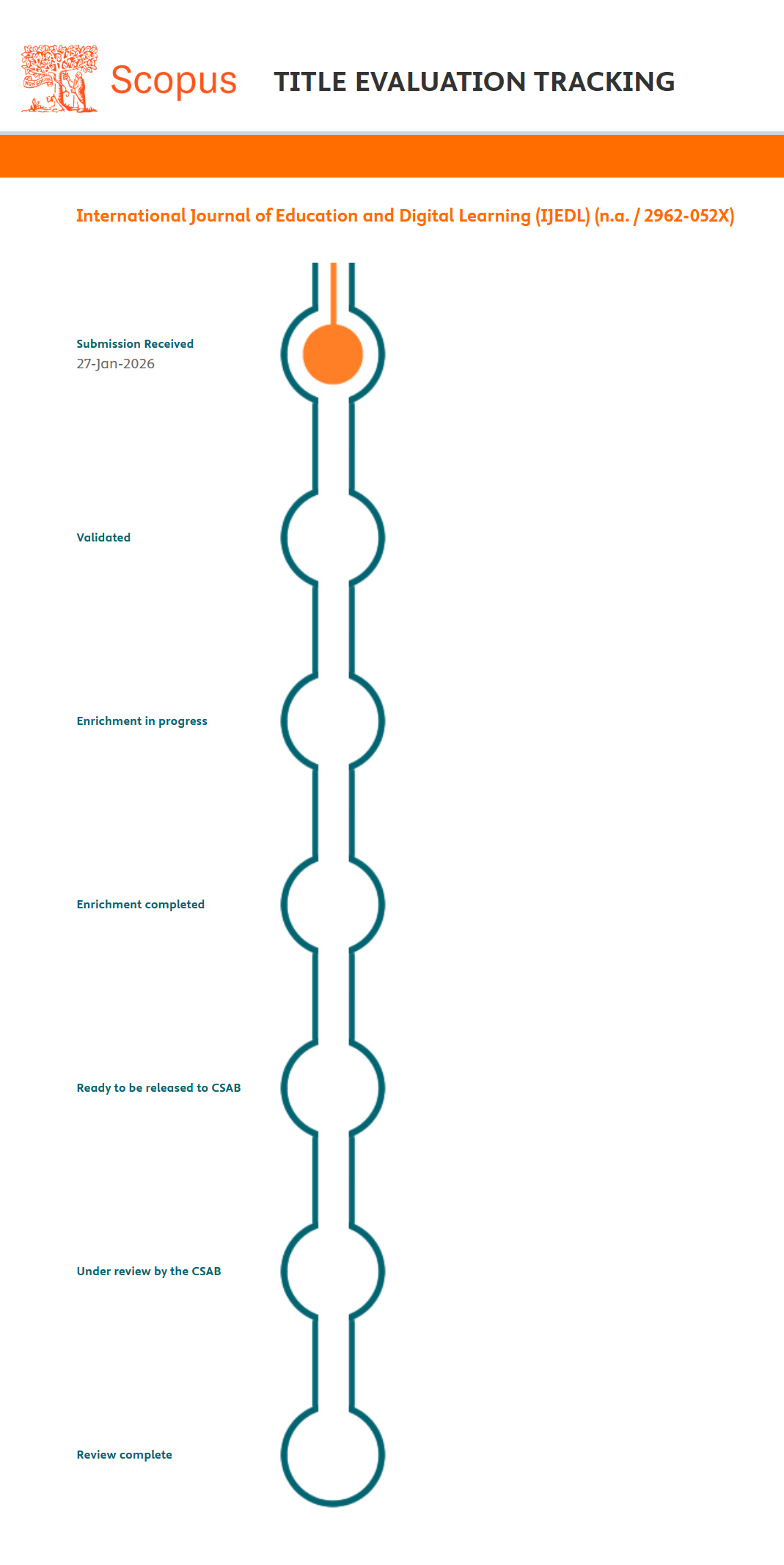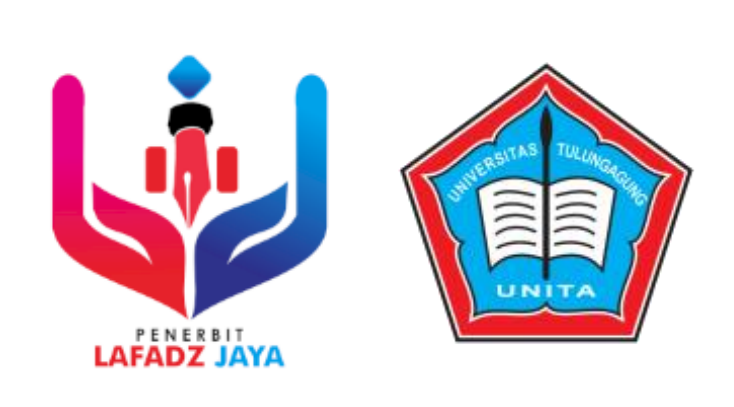Ethno Parenting: Early Childhood Character Development Based on Local Wisdom of the Sasak Tribe
DOI:
https://doi.org/10.47353/ijedl.v3i2.221Keywords:
Ethno Parenting, Character, Early Childhood, Sasak Local WisdomAbstract
This study aims to describe how the character development model for early childhood is based on local wisdom in the Sasak Tribe. This study was conducted with a focus on local Sasak wisdom that is relevant to the development of early childhood character and ethno parenting practices in the Sasak tribe community. The type of research used is qualitative research. The subjects of the study were the traditional chiefs of the Ende Sasak tribe, the Bayan Sasak tribe and the local community in the Sasak tribe. Data collection was carried out using observation, interview and documentation methods. Data analysis techniques consist of data collection, data reduction, data presentation and drawing conclusions. The results of the study indicate that the local wisdom of the Sasak Tribe has several character value developments in children consisting of religious values, mutual cooperation values, discipline and responsibility values, preservation of art and culture and life values.
Downloads
References
Askara, G. A. (2022). Etnoparenting Dalam Tradisi Nyensek (Menenun) Pada Masyarakat Suku Sasak Desa Sukarara Lombok Tengah (Doctoral Dissertation, UIN Sunan Kalijaga Yogyakarta).
Creswell, J.W. (2014). Research Design: Qualitative, Quantitative, and Mixed Methods Approaches. Thousand Oaks, CA: Sage Publications.
Denzin, N.K. (1978). The Research Act: A Theoretical Introduction to Sociological Methods. New York: McGraw-Hill.
Fikriyah, S., Mayasari, A., Ulfah, U., & Arifudin, O. (2022). Peran orang tua terhadap pembentukan karakter anak dalam menyikapi bullying. Jurnal Tahsinia, 3(1), 11-19.
Hasan, Muhammad, Harahap T. K , Hasibuan, S., Rodliyah, Tuti Khairani., Thalhah, Sitti Zuhaerah., Rakhman, Cecep Ucu., Ratnaningsih, Paskalina Widiastuti. "Kwalitatieveonderzoeksmethoden.” Media Takhta Penerbit” (2023), h. 23.
Herianto, E., Witono, A. H., Mustari, M., & Sumardi, L. (2023). Exploring the Experiences in Developing Character Education through E-Learning During the COVID-19 Pandemic. Randwick International of Education and Linguistics Science Journal, 4(2), 233-244.
Miles, M.B., & Huberman, A.M. (1994). Qualitative Data Analysis: An Expanded Sourcebook. Thousand Oaks, CA: Sage Publications.
Muzakir, M., & Suastra, W. (2024). Kearifan Lokal Suku Sasak sebagai Sumber Nilai Pendidikan di Persekolahan: Sebuah kajian Etnopedagogi. EDUKATIF: JURNAL ILMU PENDIDIKAN, 6(1), 84-95. https://doi.org/10.31004/edukatif.v6i1.6067
Rahmawati, Y., Ridwan, A., Cahyana, U., & Wuryaningsih, T. (2020). The Integration of Ethnopedagogy in Science Learning to Improve Student Engagment and Cultural Awareness. Universal Journal of Educational Research, 8(2), 662–671. https://doi.org/10.13189/ujer.2020.080239
Sahira, E., Sumardi, L., Sawaludin, S., & Zubair, M. (2023). Nilai dan Makna Dalam Kearifan Lokal Rumah Adat Suku Sasak:(Studi di Dusun Sade Desa Rembitan Kabupaten Lombok Tengah). Jurnal Ilmiah Profesi Pendidikan, 8(4), 2594-2604.
Sinurat, J. (2022). Pengembangan Moral & Keagamaan Anak Usia Dini. Bandung: CV Widina Media Utama.
Suratman, B. (2021), December). Etnoparenting Di Masa Sekarang : Menggali Tradisional Etnis Melayu Sambas. In Manual Conference on Islamic Early Childhood Education (ACIECE) (Vol. 5, pp. 12-25).
Ulfah, U. (2022). Kepemimpinan Pendidikan di Era Disrupsi. JIIP-Jurnal Ilmiah Ilmu Pendidikan, 5(1), 153–161.
Wahidah, B. Y. K. (2019). Mitologi Putri Mandalika Pada Masyarakat Sasak Terkait Dengan Bau Nyale Pada Pesta Rakyat Sebagai Kearifan Lokal Tinjauan Etnolinguistik Tahun 2018. JUPE: Jurnal Pendidikan Mandala, 4(5), 1–9.
Yin, R.K. (2014). Case Study Research: Design and Methods. Thousand Oaks, CA: Sage Publications.
Yudarta, I. G., & Pasek, I. N. (2015). Revitalisasi Musik Tradisional Prosesi Adat Sasak Sebagai Identitas Budaya Sasak. Segara Widya: Jurnal Penelitian Seni, 3(1), 367–375. https://doi.org/10.31091/sw.v3i0.175
Downloads
Published
How to Cite
Issue
Section
License
Copyright (c) 2024 Erda Sunifa Asri, Hidayatussoalihah, Mertina, Halimatussakdiah, Baiq Nunike Sulvia Dewi, Lalu Sumardi

This work is licensed under a Creative Commons Attribution-ShareAlike 4.0 International License.












